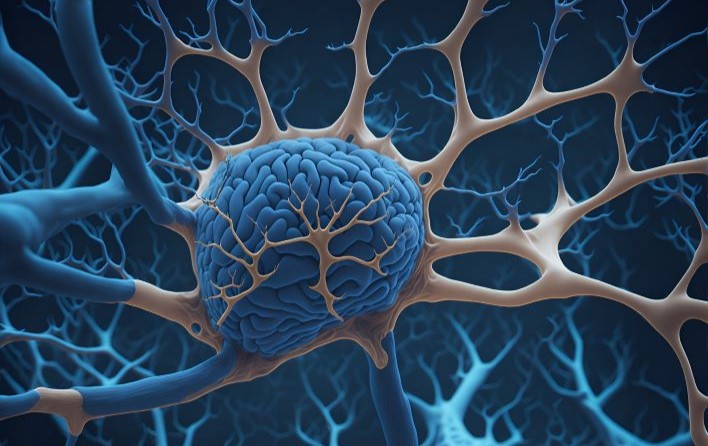AI Smiles As Study Finds The Human Brain Is Slower Than An Old Dial-Up Modem

A study published recently in Cell has shown that while the human sensory systems gathers data at roughly 1,000,000,000 bits per second, the inner brain in charge of cognition operates at a rate of a pedestrian 10 bits per second, slower than your dusty old dial-up modem. In the study titled "The Unbearable Slowness of Being," researchers Zheng Jie Yu and Markus Meister posit that this "slowness" is actually purposeful. From the vast information that the human senses absorb every second, the brain sieves down to the important bits, letting through only the important bits.
This allows humans throughout time to focus on efficiency over speed, prioritizing critical decisions and tasks without being impeded by unnecessary information from our 86 billion neurons. In many ways, slow thought seems to have worked well for humankind, proving vital to its conscious thinking ability, survival, and adaptation.
The study claims that the vast difference in peripheral processing and central cognition means that the brain works in two modes. In the report, it states that the outer brain operates in a "realm of high dimensionality: many millions of sensory receptors and muscle fibers and extremely high information rates," whereas the inner brain "operates on a dramatically reduced data stream, filtered to the essential few bits that matter for behavior."
Zheng and Meister say that "this defines a paradox: the vast gulf between the tiny information throughput of human behavior and the huge information inputs on which the behavior is based." While this ability is well-documented, the researches also add that the processing discrepancy is still large unexplained.
Still, the next time someone calls you slow-witted, you can say "thanks, you too!"

